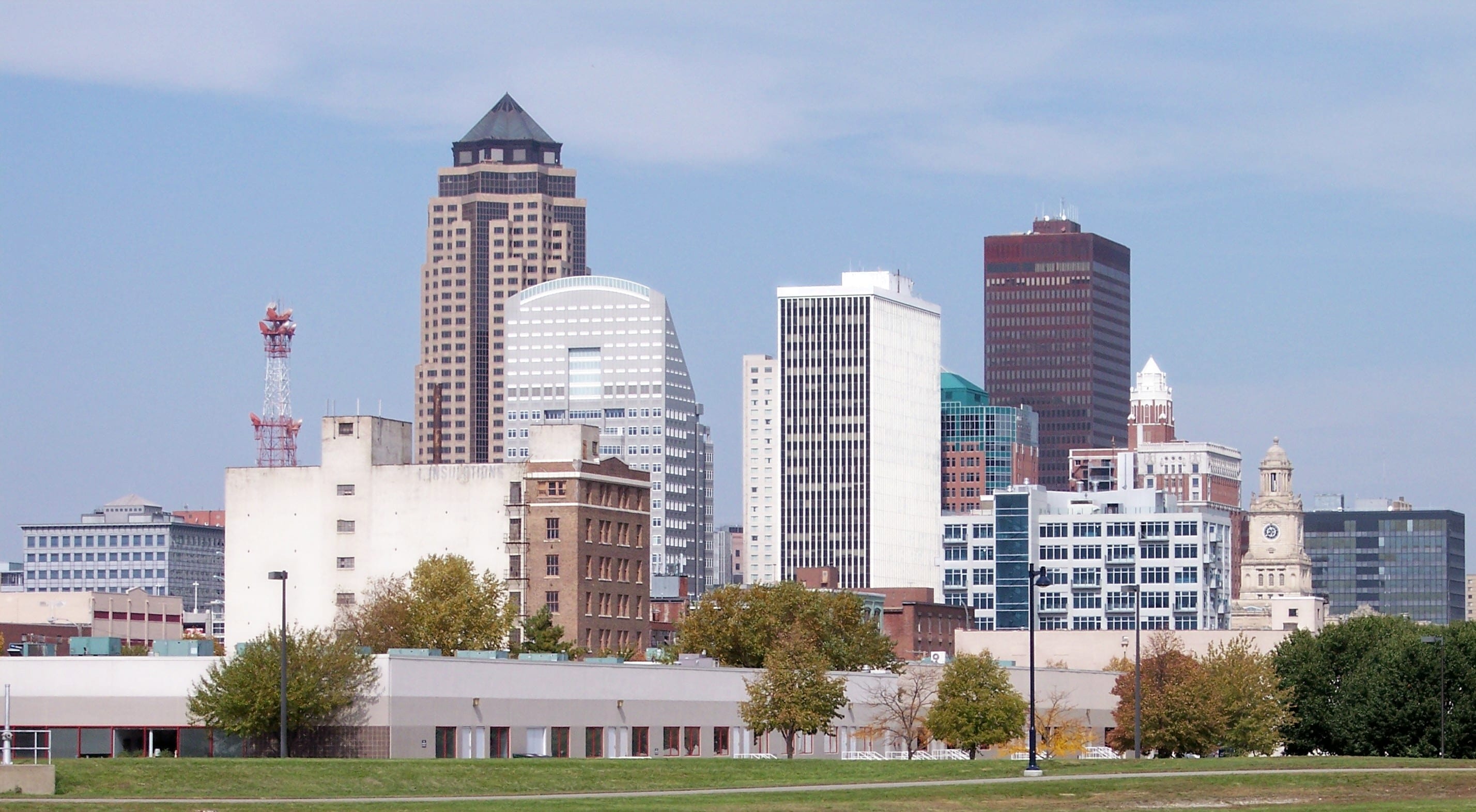
Free Call

Send Us A Message

3822 Campus Dr #300-B, Newport Beach
Family Intervention specialists are trained to address alcoholism and drug dependence through family interventions and connections to treatment facilities. They provide intervention planning and guidance, education, and support to family and friends and have years of experience in substance abuse and mental healthcare fields.
Working with a family intervention specialist is important for understanding addiction, planning and addressing potential challenges, providing support and guidance during the intervention, and supporting the individual in recovery. Proper preparation and guidance are necessary for successful interventions, and Family Interventions can help families in developing a clear plan and finding appropriate treatment programs and resources for long-term success.
Looking for addiction treatment in Iowa can be overwhelming. We’re here to help guide you toward the best recovery center and remove any barriers. Our compassionate intervention specialists are here to make the journey smoother for you or your loved one. At Family Interventions, you have the freedom to decide what’s best.

Iowa has a drug problem, with locally produced methamphetamines being easily accessible and accounting for over 90% of all drug-related prison admissions. Alcohol is also widely abused, with over 23% of residents admitting to heavy drinking, leading to almost half of all substance abuse treatment program admissions listing alcohol as their substance of choice. The state’s location along three major interstates makes it a strategic hub for drug trafficking, with other drugs, mostly produced in Mexico, entering easily.
Having a loved one who is struggling with alcohol abuse and is unwilling to seek treatment can be frustrating. Interventions for alcoholism can benefit the family and the person struggling with substance abuse. The alcohol intervention process can be difficult, but it is important to remember that only the alcoholic can take control of their addiction.
An intervention for alcohol is similar to those held for individuals who struggle with drug use, but there are some differences. Alcoholics are often considered to be functional and may be able to go years without being discovered. However, risky alcohol use can develop, and it’s important for family members to raise concerns and encourage the alcoholic to accept treatment.
Alcoholism is a complex genetic disorder, and everyone reacts differently to the effects of alcohol. An alcohol intervention must be tailored to the person intending to accept addiction treatment. Choosing to have an alcohol intervention can be a life-changing experience for both the alcoholic and their loved ones. Contacting Family Interventions can help in finding the best treatment program for your loved one.
If you have a loved one struggling with drug dependence, you know the chaos it can cause. Drug treatment programs often fail to address the underlying cause of substance misuse, leading to resentment and division within families. Interventions for drug addiction, with the help of an intervention specialist, offer a less destructive path forward.
A drug intervention aims to create an open, honest dialogue about the effects of substance abuse and get the drug user to seek treatment. While addict Interventions may not always work, it’s essential to follow through with warnings that the enablement of addictive behaviors will no longer be tolerated.
During an addict intervention, expect anger from substance abusers, deflection or subject changes, and attempts to delay committing to a treatment plan. Planning ahead allows mental and physical preparation for substance abuse treatment, and it’s never too early to plan a drug intervention. Call Family Interventions today for a free consultation with a professional interventionist to start planning a drug use intervention for your loved one.
Andrew’s passion for recovery stems from his personal experiences and challenges faced within his own family. He began his professional career in 2013 in Encinitas, California, managing a sober living home for young men in early recovery entering college.
Shahar’s path to founding Reflection Family Interventions with her husband is rooted in a personal journey marked by resilience, compassion, and a profound commitment to supporting families navigating through mental health or substance use challenges.
There are various types of no-cost drug rehabilitation centers available, including government-funded facilities for people who lack sufficient insurance coverage or the means to pay for treatment. Non-profit organizations also operate free treatment centers or provide funding to those that do. In addition, many religious organizations offer free drug and alcohol treatment as part of their ministry services, often with payment assistance available to those who qualify. Examples of such services include the Salvation Army Adult Rehab Centers.
Alcoholics Anonymous (AA) meetings are a beneficial resource for those striving to quit drinking. These gatherings serve as a great avenue for individuals on the path to recovery, as they provide support through camaraderie, advice, and active listening from other people in similar situations. Attending the right AA meeting is crucial for maximizing the benefits of the program. To ensure that you connect with the appropriate group, engage fully with the meeting and its teachings, and increase your chances of success, our comprehensive database offers information and social networking to support fellow AA members.
Have you or someone you know been struggling with drug addiction? If so, you may have heard about Narcotics Anonymous (NA) meetings and are wondering if this 12-step program could work for you. NA meetings are regularly scheduled gatherings for individuals who want to stop using substances. Members come together, often on a weekly basis, to share their experiences related to drug use and provide one another with support, encouragement, and guidance. For decades, group therapy and 12-step programs like NA have been instrumental in helping people achieve and maintain sobriety. These meetings are held daily in various locations, so you can easily find a support group in your own community and receive the help you need to live a happy, healthy, and sober life.
Iowa faces a major drug problem, with over 90% of drug-related prison admissions due to locally produced methamphetamines. Alcohol is also widely abused, with almost half of substance abuse treatment program admissions listing it as their substance of choice. The state’s location along three major interstates makes it a hub for drug trafficking, with drugs from Mexico entering easily. We can help you find the best addiction treatment in Iowa. At Family Interventions, our caring professionals will guide you and eliminate any obstacles along the way, while you maintain the autonomy to choose what works best for your loved one.






© 2025. Addiction Interventions. All Rights Reserved